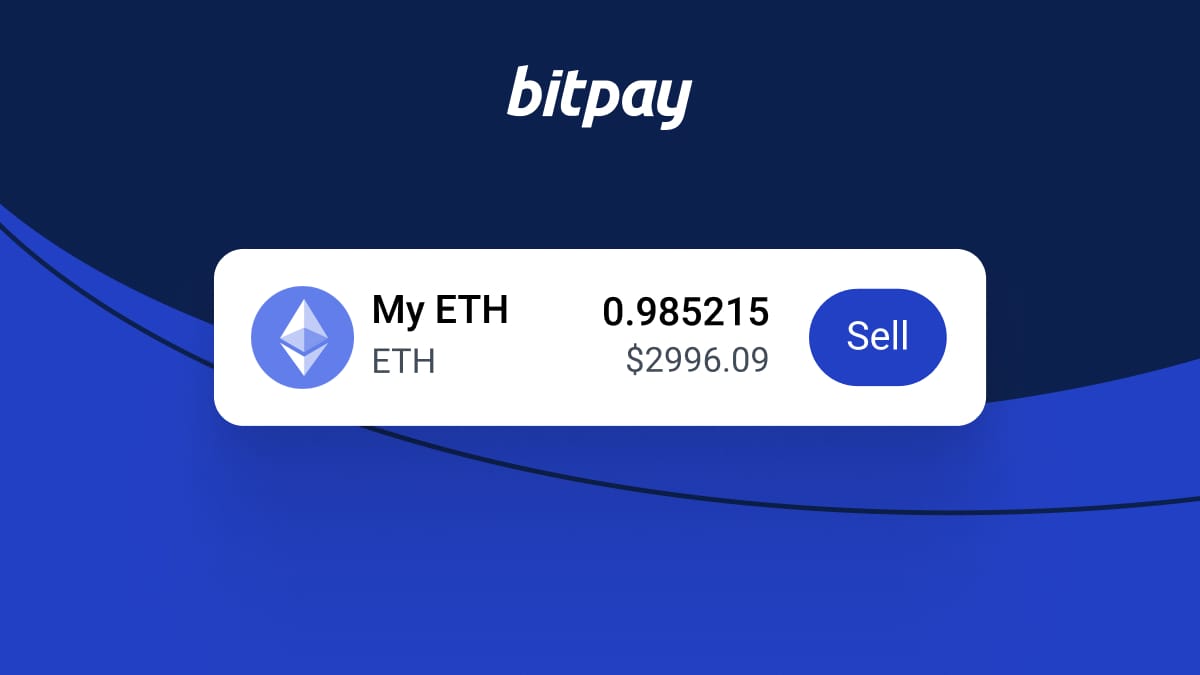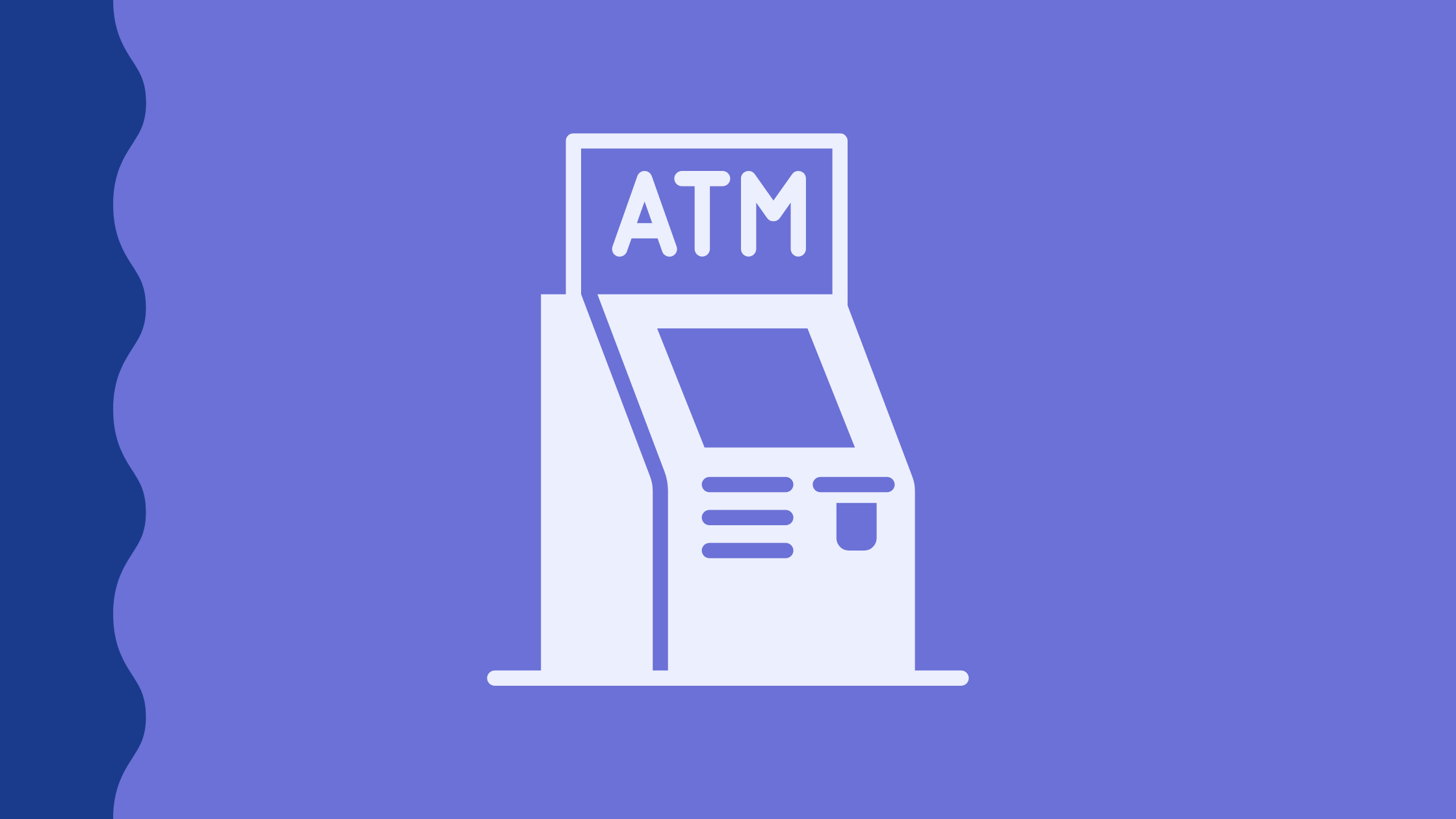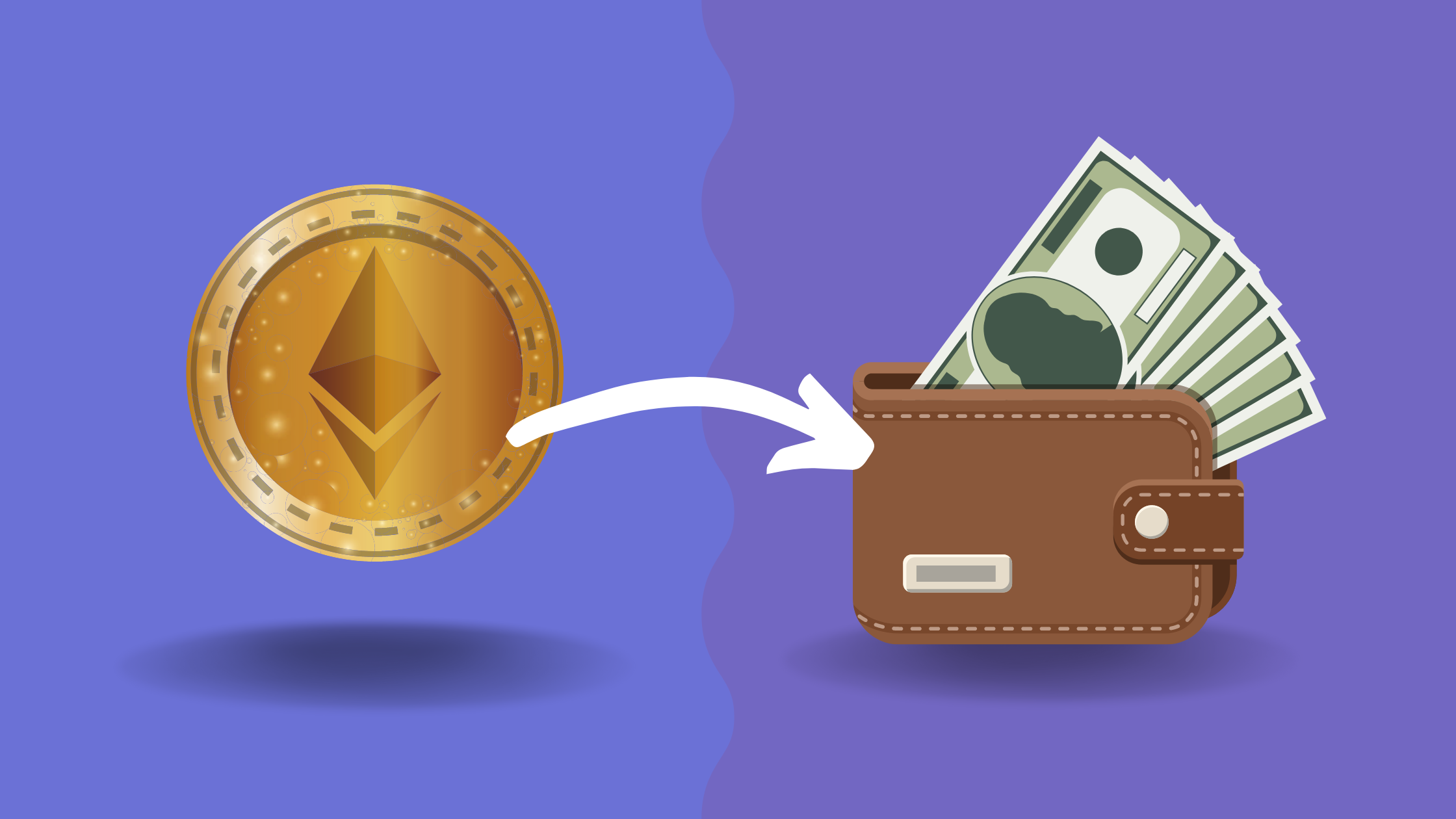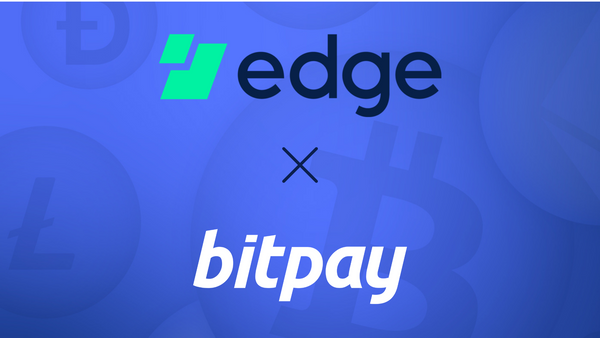If you’ve been diligently adding to your Ethereum holdings and watching your portfolio grow, but now are looking to skim a little profit off the top, it’s important to know the best ways to convert your ETH holdings into cash quickly, easily and securely. Whether you’re looking to spend your cryptocurrency as it is or convert Ethereum to cash, here are some of the top ways to go about it.
5 ways to turn Ethereum into cash
There are four primary ways to turn your Ethereum into cash:
- Sell Ether in the BitPay Wallet app
- Use a crypto debit card like the BitPay Card
- Sell holdings for cash on a trusted exchange like Kraken or Coinbase
- Transact with a direct P2P exchange
- Make a withdrawal at a crypto ATM
Turn Ethereum into cash with the BitPay Card

Pros
- Quick delivery
- Sell from self-custody wallet
- Cash out to bank account
- Cash out to existing credit/debit card
- Flexible limits; cash out as little as $30 and up to $100k daily
Cons
- Only available in the BitPay app
When selling Ethereum, BitPay offers a streamlined experience through its app, catering to users looking to capitalize on gains or increase liquidity. The platform ensures transparent transaction fees and flexible selling limits, making it suitable for various financial needs. Users can choose from multiple payout options, ensuring efficient transfers to bank accounts or linked cards. This service is backed by high security and competitive rates, making it a practical choice for Ethereum transactions. Read more about how to sell crypto with BitPay.
The best self-custody app for selling, buying, storing, and spending ETH
Turn Ethereum into cash with the BitPay Card

Pros
- Quick and easy process
- Get cash from ATMs or use in-store and online
- No bank account required
- Cash out a lot or a little depending on your situation
Cons
- Only applicable for U.S. residents
- Standard ATM fees apply
One of the easiest ways to convert your crypto into cash is with a crypto debit card, which works much like a regular debit card only it takes funds from your crypto wallet instead of your checking account. The BitPay Card is one of America’s most popular crypto debit cards, giving holders unmatched convenience and flexibility when converting Ethereum to USD (plus 12+ other cryptocurrencies).
The BitPay debit card can be used to cash out top cryptocurrencies including Bitcoin (BTC), Ethereum (ETH), Bitcoin Cash (BCH), Litecoin (LTC), Dogecoin (DOGE), Shiba Inu Coin (SHIB), Wrapped Bitcoin (wBTC), Dai (DAI), USD Coin (USDC), Gemini Dollar (GUSD), Binance USD (BUSD) and Pax Dollar (USDP). Load the card from your BitPay Wallet balance or connect to your Coinbase account and you’re ready to spend at millions of merchants both online or in store, anywhere Mastercard is accepted. Even withdraw cash at ATMs around the world. Apply and get approved in minutes, then instantly start spending your crypto like cash.
Sell on a crypto exchange

Pros
- Easy to sell if you already have a custodial wallet
- Lots of exchanges to choose from
- Faster than P2P sales
Cons
- Additional service fees on all transactions
- Requires a bank account
If you’ve been purchasing crypto from a centralized exchange with a custodial wallet like Coinbase, Binance, Gemini or Kraken, selling your Ethereum will be as easy as it was to buy it. From the exchange, select your coin and the amount you’d like to sell. It will bring up a window detailing any exchange fees or other transaction fees. Once you agree, the transaction is completed and you’ll have a cash balance sitting in your account. From there you’re free to send the cash to your bank account to withdraw at your convenience.
P2P transaction

Pros
- Typically lower fees than converting to cash on centralized exchange
- Can negotiate to get the most money for your crypto
Cons
- Can take longer than selling on centralized exchange
- Requires a bank account
While centralized crypto exchanges like Coinbase or Kraken make it easy to store and convert your crypto holdings to cash, the fees they impose can be a tough pill to swallow. One alternative is to be your own exchange by selling crypto directly to another individual through a peer-to-peer (P2P) exchange. Such a transaction lets the seller and buyer agree to terms without an intermediary, which could save both users some money. P2P transactions are considerably more complicated than loading up a debit card or selling on a centralized exchange, but the method puts a greater degree of control in the hands of the users.
Withdraw cash from an Ethereum ATM

Pros
- ATMs available across the world
- No bank account necessary
Cons
- High fees compared to traditional exchanges
- Rural areas may not have an abundance of machines
- Cash out limited to the amount of cash in a machine
Crypto ATMs are more common than you may think, with thousands of self-contained terminals scattered throughout the world that allow users to buy, convert or cash out their crypto holdings like any other ATM. There are even a few websites that help you locate crypto ATMs in your area such as Coin ATM Radar and PayDepot. Bitcoin of America includes Ethereum in its network of more than 1,300 ATM locations spanning 31 states. It’s quick and easy to convert ETH to cash at an ATM location, but significant fees (which can range from 11-25%) make it the most expensive method of cashing out Ethereum.
What to consider before cashing out Ethereum
There are multiple methods for converting your Ethereum holdings to cash, all of which will result in getting greenbacks in your hand. However there are a few important things to consider before cashing out.
Taxes
As crypto has evolved beyond the Wild West early days, know-your-customer (KYC) procedures have become the norm for most centralized exchanges. Converting to crypto triggers a taxable event, whether the transaction occurs on an exchange, P2P, using a crypto ATM or loading it onto a crypto debit card. It’s advisable to consult with a tax professional to understand how this impacts you and what crypto transaction taxes are imposed in your area.
Scams
As with any financial transaction, it’s important to make sure you know and trust who you’re doing business with. Always do your due diligence before selling or sending any amount of cryptocurrency, because stolen funds can be extremely difficult to recover. The new-ness of cryptocurrency combined with the inexperience of many users makes it a prime target for hackers or scammers who would love nothing more than to lighten your crypto wallet.
Market & crypto goals
Have a plan for your crypto. Whether it’s slicing every nickel of profit off the top or hodl’ing until $100k, figure out where cashing out works into your plan.
Transaction fees
Fees are an inevitable part of transacting in cryptocurrency, and you will be charged for the service of converting your ETH to cash. The size of the transaction should govern which method of conversion you use, and you can check out our in-depth guide to crypto transaction fees to learn all about how to pay lower fees when converting crypto.
Speed of cash out
Each of the methods outlined above take different amounts of time and effort. For instance, using the BitPay Card or cashing out through a centralized exchange is much faster than selling on a P2P exchange or finding an Ethereum ATM. Evaluate your needs before transacting, including how quickly you need the cash and how much you’re willing to spend to get it.
FAQs about converting Ethereum to cash
How long does it take to turn Ethereum into cash?
If using a centralized exchange like Coinbase or Kraken, or loading the BitPay crypto debit card, you can convert your Ethereum to fiat currency almost instantly. Selling on a P2P exchange might get you a more favorable rate, but you may have to wait until you find an interested buyer before you’re able to make the exchange.
Which other tokens can I turn into cash?
Any tradable cryptocurrency with a market value can be converted into cash through one method or another. Through the crypto debit card, BitPay offers fee-free, instant conversion of over a dozen cryptocurrencies including Bitcoin (BTC), Ethereum (ETH), Bitcoin Cash (BCH), Litecoin (LTC), ApeCoin (APE), Dogecoin (DOGE), Shiba Inu Coin (SHIB), Wrapped Bitcoin (wBTC), Dai (DAI), USD Coin (USDC), Gemini Dollar (GUSD), Binance USD (BUSD) and Pax Dollar (USDP).


